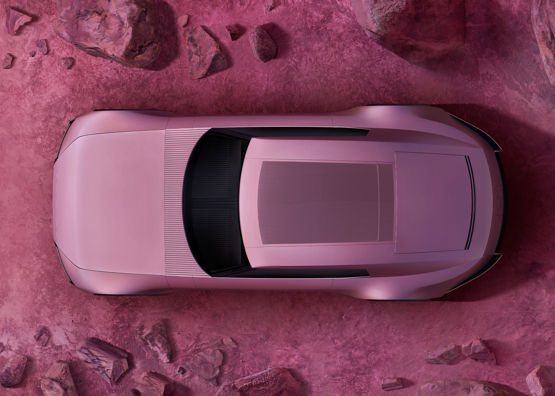Jaguar Land Rover (JLR) has delivered its strongest full-year financial performance in a decade, posting a pre-tax profit of £2.5 billion for FY25, up 15% year-on-year and powered by high-margin models, strong electrified sales and disciplined cash management under its Reimagine transformation strategy.
The Q4 FY25 profit before tax and exceptionals stood at £875 million—marking the OEM’s tenth consecutive profitable quarter—while EBIT margins reached 10.7% for the quarter and 8.5% across the full year, the highest since FY15.
While full-year revenue held flat at £29 billion, key models like the Defender, Range Rover Sport and PHEV variants underpinned margin growth.
The Defender saw record wholesale volumes at 115,404 units, up 0.7% year-on-year. Range Rover Sport sales surged by 19.7%, bolstered by a high-profile advertising campaign featuring actor Theo James.
JLR’s electrification strategy continues to gather pace, with global plug-in hybrid (PHEV) retail sales rising by 21.7% year-on-year—driven by a 38.2% increase under the Range Rover brand.
Consumer appetite for battery electric vehicles (BEVs) is also rising: over 61,000 customers have now joined the waiting list for the Range Rover Electric, while the reimagined electric Jaguar GT, which is expected to be priced at around £100,000 and featured in a divisive marketing campaign to lead the relaunch of the Jaguar brand, has seen over 32,000 expressions of interest globally following its teaser tour across Europe and Asia.
The new Jaguar GT model will be built in the UK and will target a range up to 478 miles WLTP on a single charge and will be capable of adding up to 200 miles of range in as little as 15 minutes when rapid charging.
An £18bn investment plan for next five years
The OEM ended FY25 with a net cash position for the first time in over a decade and reiterated plans to maintain £18 billion in investment over five years, funded from operations.
Despite strong operating profits, full-year profit after tax (PAT) came in at £1.8 billion, compared to £2.6 billion the previous year.
The decline was attributed to deferred tax accounting differences: a £1 billion DTA recognised in FY24, versus £696 million in FY25.
Electrification strategy and the Freelander is back
JLR said there has been significant progress was made on electrification infrastructure.
New EV production lines have been tested at Solihull, which will host production of the forthcoming Range Rover Electric, while Jaguar EV lines are under development at the same plant.
JLR’s Chinese JV with Chery is progressing with plans to introduce an EV portfolio under the Freelander brand, focused on local-market demand. Chery owns the Omoda and Jaecoo brands, which are rapidly ramping up sales and dealer network development after launching last year.
On the sustainability front, JLR and Novelis completed successful trials with new recycled aluminium for body panels, reducing energy use by up to 95%.
In April, the UK Government adjusted ZEV Mandate timelines—providing short- and mid-term compliance support. Additionally, a new US-UK trade deal signed in May slashed tariffs on UK vehicle exports to the US from 27.5% to 10% (for up to 100,000 vehicles), offering crucial cost relief and export certainty.
Adrian Mardell, JLR chief executive, said: “JLR has ended the year with strong annual and quarterly earnings, including delivering our tenth consecutive profitable quarter and our net debt zero target.
“This strong and consistent performance, the commitment of our people, partners and clients and the appeal of our luxury brands will support our response to current global economic challenges including the evolving global trading environment.”
JLR will provide further strategy and investment updates at its Investor Day on June 16, 2025.

